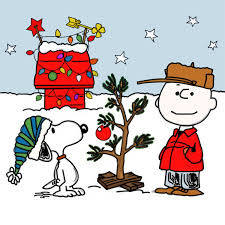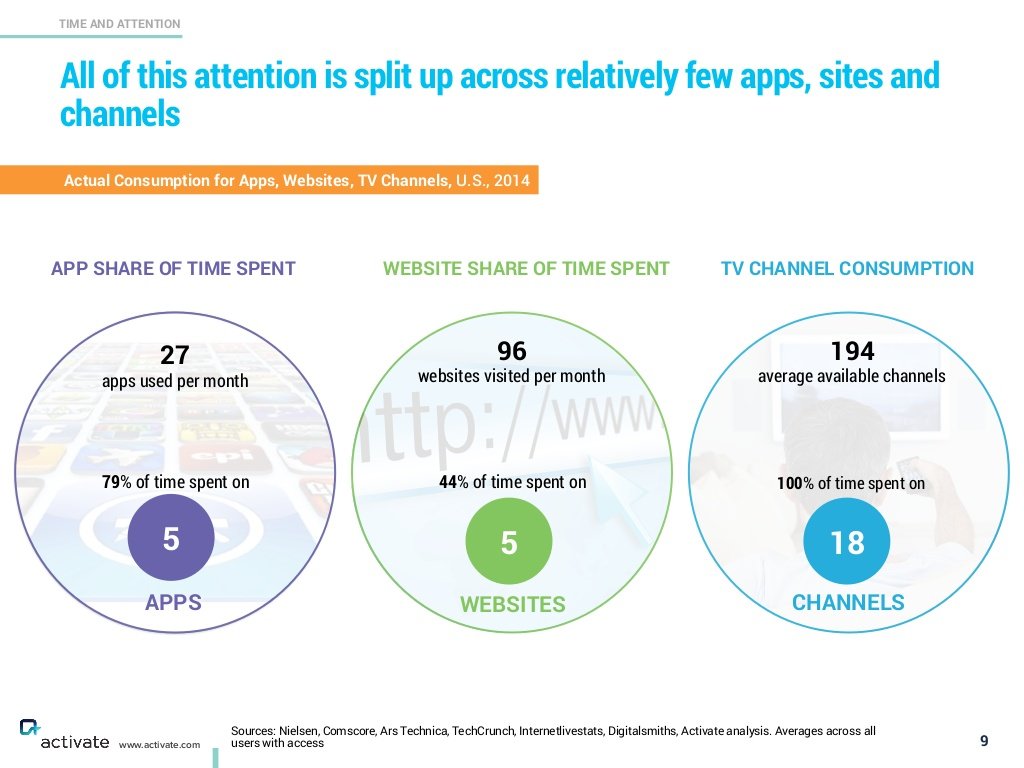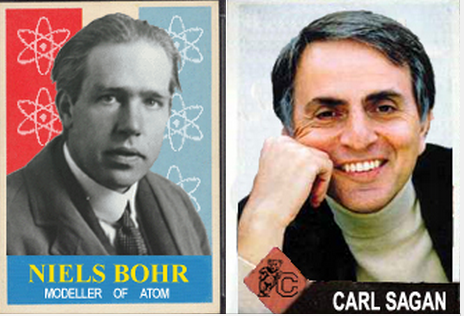Holiday TV specials, ranked
It's been a busy week on the blog and I am pretty much out of good any ideas for today, so let's get topical and unnecessary and sound off on a very important issue - holiday-themed TV specials.
We all grew up with them, perhaps still have to suffer through some of them if we have young kids, but no matter where you come down on holiday TV specials you likely have a favorite. Or perhaps not. Doesn't matter, because I present here your unscientific, incomplete, subjective, yet 100% accurate ranking of holiday season TV specials. 
Here we go...
10. Rudolph, the Red-nosed Reindeer - Completely unwatchable. Santa is kind of a jerk in this one as well. Only after Rudolph can be of some use to him does he give a hoot about him.
9. Frosty the Snowman - Equally unwatchable. Wow, you mean snowmen melt when the sun comes out? Who knew!
8. John Denver and The Muppets: A Christmas Together - The presence of John Denver makes the Muppets a little more tolerable in this otherwise grim affair. And that is not saying much.
7. Rudolph and Frosty's Christmas in July - When the 'crossovers' start that can only mean the writers are officially out of ideas. Please don't watch this.
6. Mickey's Christmas Carol - Featuring the excellent casting of Daffy Duck as 'Scrooge McDuck'
5. Mr. Magoo's Christmas Carol - I confess to not really remembering this one, but Mr. Magoo always seemed cool and half-drunk all the time so that has to count for something.
4. The Year Without a Santa Claus - Notice a theme here? How the kind of boring Santa character can never seem to carry a special on his own? Snow Miser and Heat Miser are the stars of this forgettable special. And Mrs. Claus was a real let down in this one too. Step it up Ma Claus!
3. How The Grinch Stole Christmas - Should really be higher. I never had any sympathy for the stupid Whos. I always felt like they deserved to have their Christmas stolen from them.
2. Santa Claus is Coming To Town - Two words: Burgermeister Meisterburger. That is all you need to know. Epic character.
1. A Charlie Brown Christmas - Hits almost all the right notes. Lucy is at her apex predator best. Snoopy steals every scene he is in. And the best musical score of all time for a TV show from jazz legend Vince Guaraldi.
Honorable mention - Nick Offerman drinks whiskey in front of a Yule Log.
You might disagree with the rankings, perhaps even feel like I made some terrible omissions from the list, but as is the case with all of these 'ranked' posts, you would be wrong.
Have a great weekend!

 Steve
Steve

